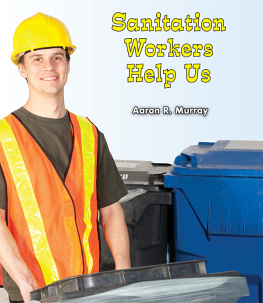
Praise for this book
WASH (Water, Sanitation and Hygiene) is a crucial component of humanitarian response. This book is a very useful compilation of lessons learned from a range of highly experienced and qualified practitioners in the field, compiled by Richard Carter, one of the most respected experts. It also provides recommendations for how WASH in emergencies can be improved, and highlights some major gaps, such as the transition from emergency response to longer term recovery. It will be of interest to emergency WASH practitioners and those involved (or preparing to be involved) in humanitarian action.
Bobby Lambert, co-author of Engineering in Emergencies and consultant in humanitarian action
Essential reading! A mine of useful and useable information for anyone working within the complexity of disaster situations. Richard Carter and his colleagues bring rich experiences and insights concerning water, sanitation and hygiene in crisis conditions to both general and experienced readers.
Ian Davis is Visiting Professor in Disaster Risk Management in Copenhagen, Lund, Kyoto and Oxford Brookes Universities
Water, Sanitation and Hygiene in Humanitarian Contexts is absolutely right at the heart of the main water, hygiene and sanitation challenges in emergencies.
Jean-Francois Fesselet, WatSan unit Coordinator, MSF

Practical Action Publishing Ltd
The Schumacher Centre,
Bourton on Dunsmore, Rugby,
Warwickshire, CV23 9QZ, UK
www.practicalactionpublishing.org
Practical Action Publishing, 2015
All the chapters in this book, except for , were first published as articles in Waterlines: an international journal of water, sanitation and waste.
The right of the editor to be identified as author of the editorial material and of the contributors for their individual chapters have been asserted under sections 77 and 78 of the Copyright Designs and Patents Act 1988.
All rights reserved. No part of this publication may be reprinted or reproduced or utilized in any form or by any electronic, mechanical, or other means, now known or hereafter invented, including photocopying and recording, or in any information storage or retrieval system, without the written permission of the publishers.
Product or corporate names may be trademarks or registered trademarks, and are used only for identification and explanation without intent to infringe.
A catalogue record for this book is available from the British Library.
A catalogue record for this book has been requested from the Library of Congress.
ISBN 978-1-85339-884-1 Hardback
ISBN 978-1-85339-883-4 Paperback
ISBN 978-1-78044-883-1 Library Ebook
ISBN 978-1-78044-884-8 Ebook
Citation: Carter, Richard C. (ed.) (2015) Water, Sanitation and Hygiene in Humanitarian Contexts: Reflections on current practice, Rugby, UK: Practical Action Publishing,
Since 1974, Practical Action Publishing has published and disseminated books and information in support of international development work throughout the world. Practical Action Publishing is a trading name of Practical Action Publishing Ltd (Company Reg. No. 1159018), the wholly owned publishing company of Practical Action. Practical Action Publishing trades only in support of its parent charity objectives and any profits are covenanted back to Practical Action (Charity Reg. No. 247257, Group VAT Registration No. 880 9924 76).
The views and opinions in this publication are those of the author and do not represent those of Practical Action Publishing Ltd or its parent charity Practical Action. Reasonable efforts have been made to publish reliable data and information, but the authors and publisher cannot assume responsibility for the validity of all materials or for the consequences of their use.
Cover design by Practical Action Publishing
Typeset by Allzone Digital
Printed in the United Kingdom
Contents
Richard C. Carter
Daniele Lantagne and Thomas Clasen
Joe Brown, Sue Cavill, Oliver Cumming and Aurelie Jeandron
Richard C. Carter, J. Peter Dumble, St John Day, and Michael Cowing
Marni Sommer
Richard Luff and Caetano Dorea
Andy Bastable and Jenny Lamb
Francesca Coloni, Rafael van den Bergh, Federico Sittaro, Stephanie Giandonato, Genevive Loots and Peter Maes
Jean-Franois Pinera
Marco Visser
Richard C. Carter
About the editor
Richard Carter ().
Richard C. Carter
Abstract
This introductory chapter explains the origins, scope and intended readership of Water, Sanitation and Hygiene in Humanitarian Contexts. It describes the human impacts of emergencies and disasters, briefly discusses some of the terms used in humanitarian work, and examines the diversity of types of emergency and disaster. The introduction then moves on to some of the specifics of water, sanitation and hygiene WASH in emergencies, referring extensively to the Sphere Handbook, Humanitarian Charter and Minimum Standards in Humanitarian Response. The final sections of the introduction touch on the challenges of transitioning from emergency to post-emergency, when resources and institutional capacity may be very different to the acute phase of the emergency. Lastly, the individual chapters of the book are summarized and suggestions are made as to how the book can most usefully be read.
In 2011, the world saw a massive earthquake, tsunami and nuclear meltdown in Japan; devastating drought in East Africa; extreme and costly floods in Thailand; and a damaging but under-reported typhoon in the Philippines. Since that time there has been a seemingly relentless unfolding of natural disasters earthquakes, storms, floods and droughts and still unresolved fighting in Central African Republic, South Sudan and Syria. At the time of writing, we are eight months into the worlds worst Ebola outbreak in West Africa. All these examples, and many others, have implications for water and sanitation services.
The impact of emergencies and disasters is inevitably greater in what have come to be called fragile states than in those which by virtue of effective government, strong institutions and wealthier economies have greater resilience to such events. In fragile states, periods of relative stability, in which development efforts make some progress, are often punctuated by crises which may have long-lasting impacts. Effective long-term development is the best form of disaster-risk reduction, and good governance and strong institutions represent the best form of disaster preparedness.
All of these crises, disasters or emergencies choose your term profoundly affect individual human beings, their families, their communities, the surrounding populations, and the nations in which these events take place. They all demand rapid and effective response to physical need of which water and sanitation is one part and longer-term recovery and reconstruction.





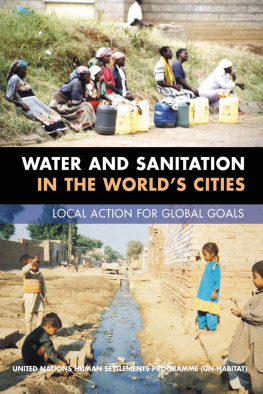
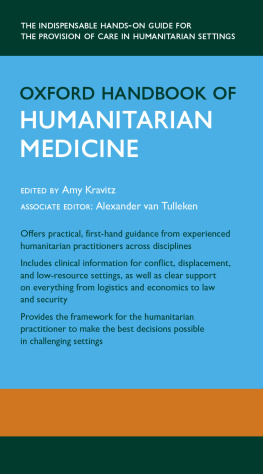
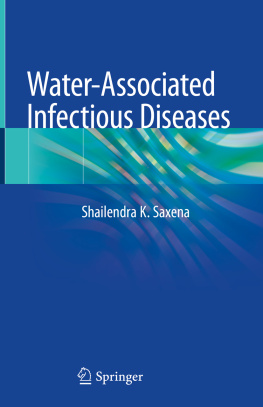
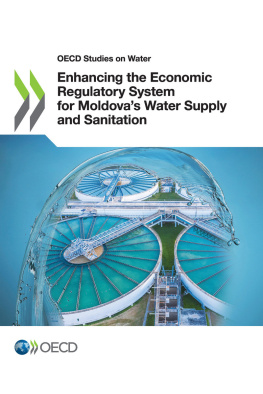
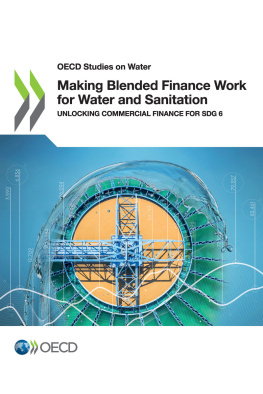
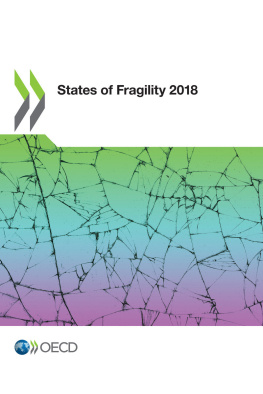
![David E Newton] - The global water crisis : a reference handbook](/uploads/posts/book/104432/thumbs/david-e-newton-the-global-water-crisis-a.jpg)
